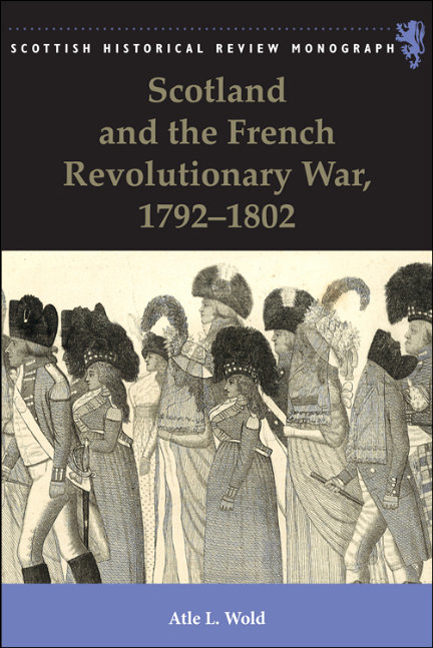6 - Loyalist Ideology
Published online by Cambridge University Press: 20 December 2017
Summary
The previous chapter began by drawing up a distinction between loyalism and patriotism. In this chapter, we need to start by looking at what might reasonably be seen as a loyalist argument, and thus come under the heading of loyalist ideology.
Contrary to what one might perhaps think, this is not immediately obvious and, as Jennifer Mori has argued, loyalist ideology in the 1790s was less monolithic than it at first appears. Since most loyalist literature was not produced by the authorities themselves, but by independent loyalist writers, it followed that the government could not control the line of argument they adopted. As a consequence, Mori stated: ‘loyalism was an empowering movement that gave its followers a public presence and political voice with which to criticize the polity they sought to defend’. Or at least it could, if they chose to do so. Alternatively, loyalist writers could– in their eagerness to support the existing political regime– develop arguments which the authorities may have deemed ‘unsuitable’ for this purpose. Again, Mori has pointed out how some loyalist writers in the 1790s ended up flirting with absolutist ideas, when they were trying to develop an argument against a republican form of government. As we will see below, a few of the loyalist pamphlets published in Scotland in the 1790s came close to falling into this particular trap. Loyalist literature therefore presented the British government with much the same dilemma as the forming of loyalist associations did– were supporters you could not fully control, really a desirable thing? In face of the upsurge of popular radicalism in 1792, Pitt and his ministers decided that it was worth the risk.
While loyalist ideology thus always had the potential– when seen from the point of view of the authorities at least– of containing ‘rogue elements’, and therefore could be unreliable, a main view presented in this chapter is that loyalist writers in Scotland followed a line of argument which must have been much to the liking of the authorities. This view, however, rests on a specific definition of loyalism, which again emanates from a debate which dominated loyalist thinking in 1792.
- Type
- Chapter
- Information
- Scotland and the French Revolutionary War, 1792–1802 , pp. 177 - 206Publisher: Edinburgh University PressPrint publication year: 2015



